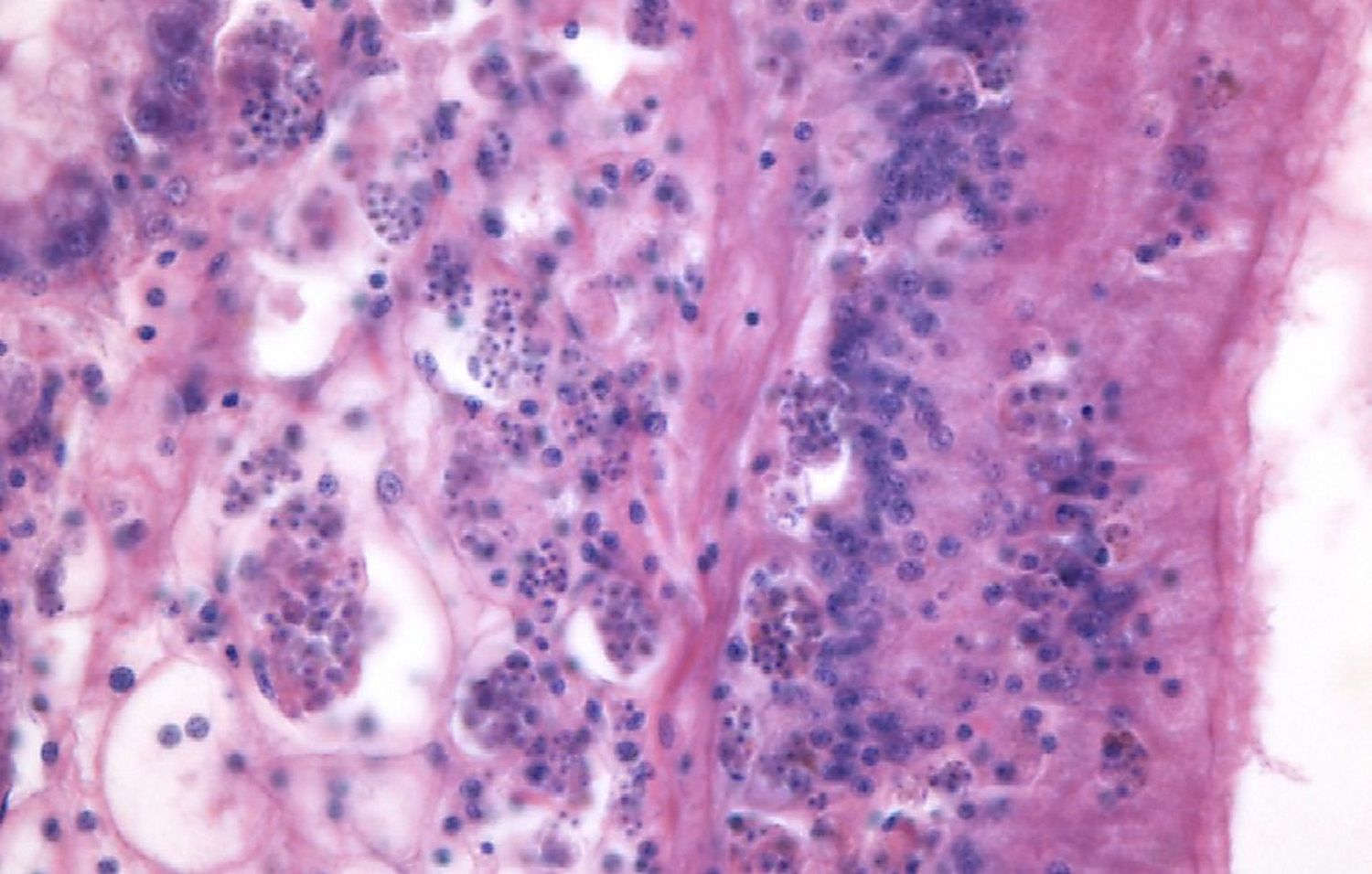
Given the influence of parasites on the identification of aquaculture areas within the framework of the elaboration of marine use plans, an analysis was carried out on production of oysters Crassostrea gasar in the Northeast of Brazil.
The protozoan parasite Perkinsus marinus and P. beihaiensis are a current threat for oyster production in that region. Understanding the immunological responses of C. gasar to the infection by Perkinsus spp. is a first step in the comprehension of host-parasite relationship and in the development of further diseases control strategies for oyster culture areas. In this context, a project in collaboration with Brazilian and French researchers is in progress since 2015 to evaluate the transcriptome of the immune cells (hemocytes) of the cultured mangrove oyster Crassostrea gasar hemocytes in response to Perkinsus spp. infection. In the present stay (in LEMAR, Brest), we (Dr. da Silva, Dr Helene Hégaret, Dr. Philippe Soudant, Dr. Caroline Fabioux, Dr. Elodie Fleury) together analysed the data obtained from the transcriptome and studied the function of genes differentially expressed in oysters hemocytes heavily infected by Perkinsus spp. with emphasis to genes related to immune system.
Additionally, Dr. P. Mirella da Silva, Dr. Aurélie CHambouvet, Dr. Philippe Soudant and Dr. Hélène Hegaret discussed a new project to be developed in collaboration for early 2019, within the frame of PADDLE, but also the ANR ACHN PARALEX (PI. A. Chambouvet) and the new recruitment of A. Chambouvet in CNRS, who will then be involved in PADDLE as well. This project aims to comparatively study biological aspects of Perkinsus spp. that infect clams in France and oysters in Brazil, in order to understand their different pathogenicity; as well as, study ways of transmission and forms of resistance found in sediment of cultured areas. This project will be developed in both countries with participation of PhD and Master students from both countries and a possible post-doc in France for Dr. P. Mirella da Silva.
